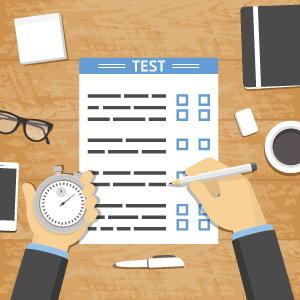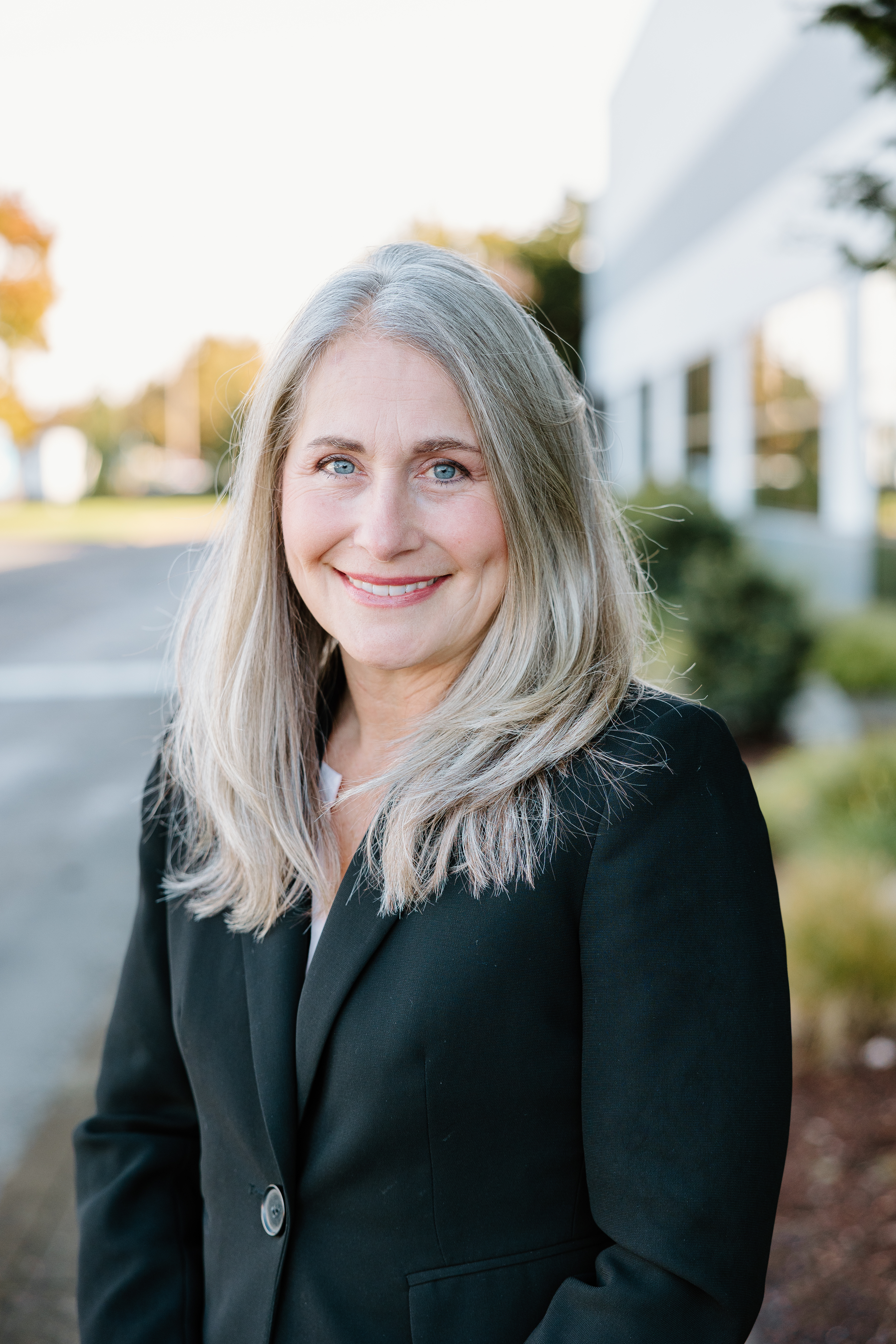Well, it’s that time again and even though it has been 15 years since I sat down to take “THE TEST,” it still gives me butterflies just thinking about it.
So, if you are taking the U.S. Customs Broker’s Exam on April 4th, whether it is for the first time or the fifth, I thought it would be nice to take a few minutes to remind ourselves why we take the test and what the best study tips are.
Let’s start with reasons we subject ourselves to the brutality of this test:
- Your career. For some of us, having the license opens the door to opportunities that may not otherwise be available. It is not about passing the test, but that you've shown the initiative and commitment to your career to take the plunge.
- The title. In a business world filled with them, who wouldn’t want to add those three sparkling, little letters as a post-script to your title?
- The exposure. Some of these are things that you may not otherwise experience in the day-to-day work world. There is information in the regulations that I would not otherwise know. Did you know there is a Chapter 98 provision for livestock straying over the border be returned, with their offspring, without entry if brought back within 30 days?
- Regulation familiarity. This way you can learn your way around them. More than anything else, the test will make you confident in navigating regulations. By the time you have taken the test, even if you do not pass it, you will be better able to answer questions that come up during your workday.
Therefore, if you’ve decided to step up and take the test, here are a couple tips that I think are helpful:
- Stick to a study schedule. Test day can sneak up on you and it is really easy to find a reason to “study tomorrow”. Expect this schedule to include 100 hours of study time, so like everything else in life, it is important to make a commitment and stick to it.
- Get the right materials. This is essential to do well on the test. This test does not test what you remember but rather what you are able to research in a very short amount of time (you will have 3-4 min per question). Make sure all of your materials are current and that you efficiently mark them so that you can find your answers quickly.
- Do practice tests. Go back at least three years and take mock tests. I highly recommend taking these tests in the same environment that you expect on test day. Set yourself up in small space (the desks you have at the test are NEVER big enough), make sure you have all the materials that you will need, have a minimum of four hours of uninterrupted time and have control to not look at the answer key until you are done with the test. The first time you do this, the test will probably take closer to six hours, and unless you are a superstar, you will most likely not score well. Once you complete the test and score yourself, you will know where to focus your study time.
Best of luck to all of you test-takers out there! Don’t forget to keep this in perspective. You will be more knowledgeable at the end of this process and (fingers crossed) you will be adding “LCB” to your title in no time.




